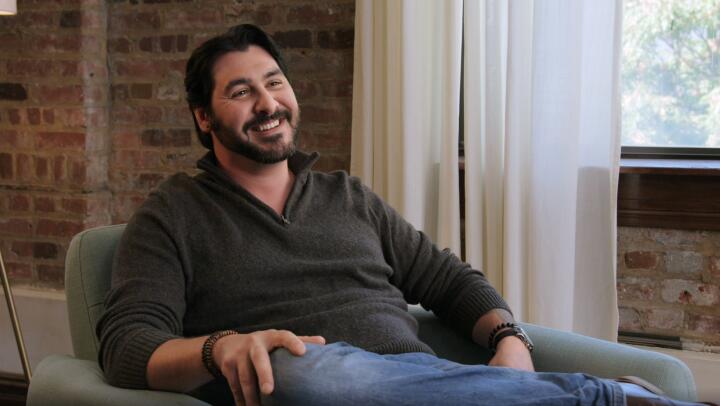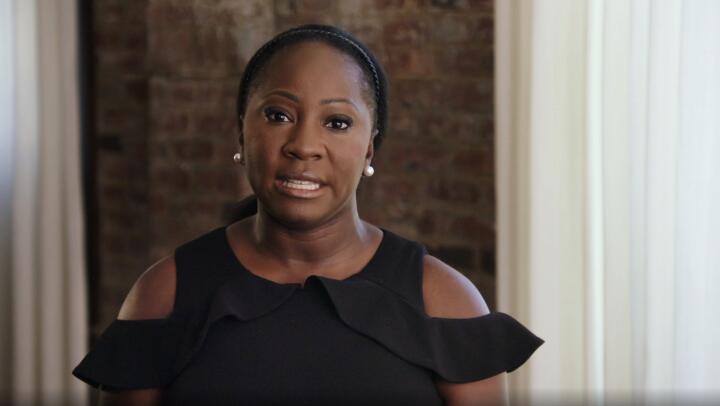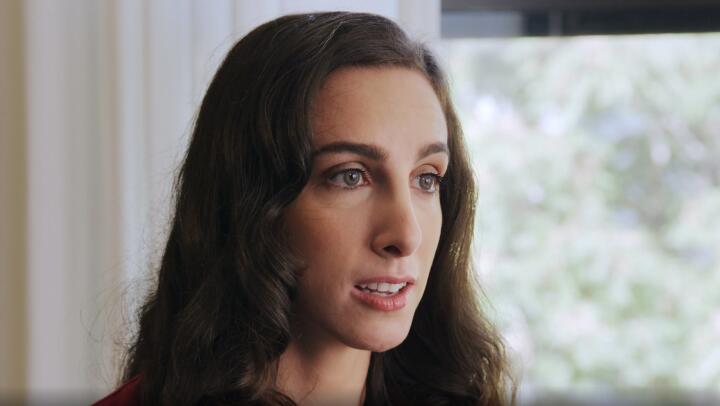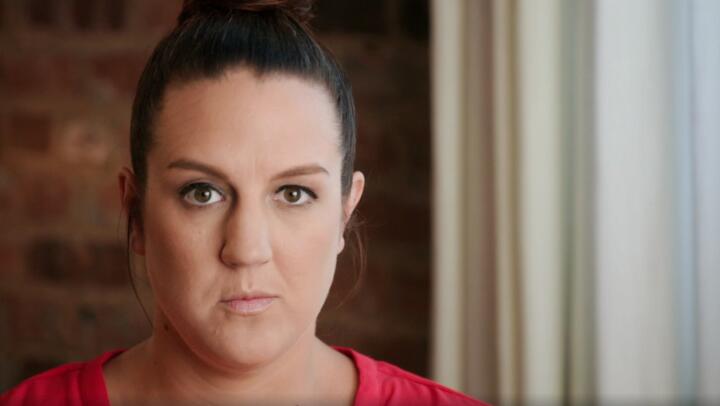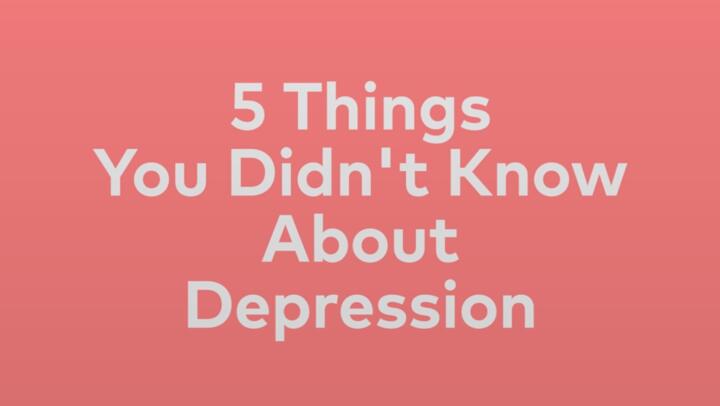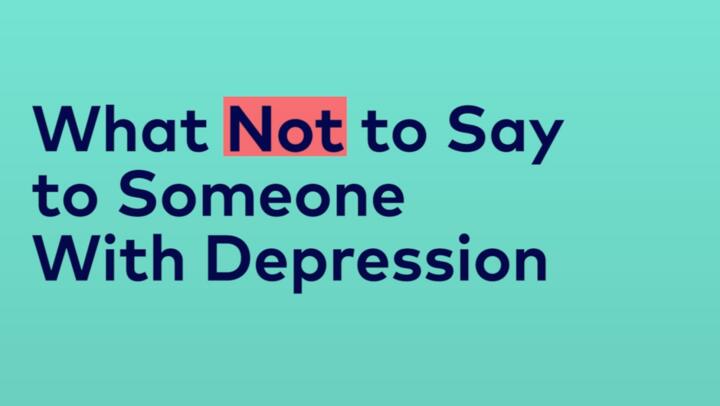Depression: 7 Things Doctors Want You to Know

Medically Reviewed By William C. Lloyd III, MD, FACS
Written By Karon Warren on September 5, 2021
Here’s what mental health professionals want you to know about the symptoms of depression, available treatments, and how people can manage or even alleviate their depression altogether.
-
 What Psychologists and Licensed Counselors Say About DepressionDepression affects more than 300 million people worldwide, yet fewer than half of those affected receive treatment, according to the World Health Organization. Many of those people may not recognize they suffer from depression or deny they experience the condition. In fact, they may not even understand the symptoms or think it’s normal to feel down for an extended period of time. But experienced psychologists and licensed counselors say depression is a treatable medical condition, provided people know the symptoms.
What Psychologists and Licensed Counselors Say About DepressionDepression affects more than 300 million people worldwide, yet fewer than half of those affected receive treatment, according to the World Health Organization. Many of those people may not recognize they suffer from depression or deny they experience the condition. In fact, they may not even understand the symptoms or think it’s normal to feel down for an extended period of time. But experienced psychologists and licensed counselors say depression is a treatable medical condition, provided people know the symptoms. -
 1. “Loss of interest and fatigue are the most common symptoms.”The loss of interest in activities or hobbies and chronic fatigue are almost always present with depression, says Dr. Kevin Gilliland, PsyD, executive director of Innovation360 in Dallas. “We sometimes miss the symptoms or write them off as normal, but it’s not normal to feel like that most days,” he says. “They are normal feelings, but not normal in level and frequency.” He goes on to say that the majority of people struggling with a depressive episode are not diagnosed and don’t receive treatment. “Which is a shame, because it is a very treatable medical condition,” Dr. Gilliland says.
1. “Loss of interest and fatigue are the most common symptoms.”The loss of interest in activities or hobbies and chronic fatigue are almost always present with depression, says Dr. Kevin Gilliland, PsyD, executive director of Innovation360 in Dallas. “We sometimes miss the symptoms or write them off as normal, but it’s not normal to feel like that most days,” he says. “They are normal feelings, but not normal in level and frequency.” He goes on to say that the majority of people struggling with a depressive episode are not diagnosed and don’t receive treatment. “Which is a shame, because it is a very treatable medical condition,” Dr. Gilliland says. -
-
 2. “Depression manifests itself differently in men and women.”Although loss of interest and fatigue are the most common symptoms of depression, they are not expressed the same from person to person and from women to men. “[Depression] occurs in women more than men and seems to look a little different as well, in general,” Dr. Gilliland says. “Women tend to report more feelings of sadness, worthlessness and guilt. Men tend to report more irritability, fatigue, loss of interest in things, and problems with sleep.”
2. “Depression manifests itself differently in men and women.”Although loss of interest and fatigue are the most common symptoms of depression, they are not expressed the same from person to person and from women to men. “[Depression] occurs in women more than men and seems to look a little different as well, in general,” Dr. Gilliland says. “Women tend to report more feelings of sadness, worthlessness and guilt. Men tend to report more irritability, fatigue, loss of interest in things, and problems with sleep.” -
 3. “Self-care is key to preventing and treating depression.”It’s easy to get caught up in life at the expense of our health, but taking care of ourselves is critical to preventing and treating depression. “Self-care consists of behaviors we engage in to take care of our physical, emotional, mental and spiritual health,” says Dr. Seda Gragossian, PhD, clinical director of Talk Therapy Psychology Center in San Diego. This means having a healthy diet, getting enough sleep, exercising regularly, engaging in hobbies, relaxing, and having a healthy support system. “A comprehensive approach to treating depression must involve self-care across all the above areas of one’s life,” Dr. Gragossian says.
3. “Self-care is key to preventing and treating depression.”It’s easy to get caught up in life at the expense of our health, but taking care of ourselves is critical to preventing and treating depression. “Self-care consists of behaviors we engage in to take care of our physical, emotional, mental and spiritual health,” says Dr. Seda Gragossian, PhD, clinical director of Talk Therapy Psychology Center in San Diego. This means having a healthy diet, getting enough sleep, exercising regularly, engaging in hobbies, relaxing, and having a healthy support system. “A comprehensive approach to treating depression must involve self-care across all the above areas of one’s life,” Dr. Gragossian says. -
 4. “Antidepressants are not a miracle cure for depression.”Although antidepressants can be a successful part of a treatment plan for depression, they are not a cure-all. “Antidepressants are not ‘happy pills’ that will make the blues go away,” says Dr. Donald J. Mulkerne, PhD, LPC, of Springhill Behavioral Health Inc. in Fairhope, Ala. “They are powerful mind- and mood-altering medications, with numerous side effects and adverse reactions that can occur, and have to be taken with care.”
4. “Antidepressants are not a miracle cure for depression.”Although antidepressants can be a successful part of a treatment plan for depression, they are not a cure-all. “Antidepressants are not ‘happy pills’ that will make the blues go away,” says Dr. Donald J. Mulkerne, PhD, LPC, of Springhill Behavioral Health Inc. in Fairhope, Ala. “They are powerful mind- and mood-altering medications, with numerous side effects and adverse reactions that can occur, and have to be taken with care.” -
 5. “Treatment for depression is more than just medication.”While medication can help alleviate symptoms for depression patients, it shouldn’t be the only component in a treatment plan. “Those individuals who combine therapy with medication for depression have a much higher success rate, more than 50%, than those who do not utilize such a combination,” says Dr. Sheila Shilati, PsyD, chief operating officer at Seasons Recovery Centers in Malibu, Calif.
5. “Treatment for depression is more than just medication.”While medication can help alleviate symptoms for depression patients, it shouldn’t be the only component in a treatment plan. “Those individuals who combine therapy with medication for depression have a much higher success rate, more than 50%, than those who do not utilize such a combination,” says Dr. Sheila Shilati, PsyD, chief operating officer at Seasons Recovery Centers in Malibu, Calif. -
-
 6. “Taking medication for depression doesn’t have to last forever.”Medication can be helpful in treating depression, but it doesn’t mean it’s always a permanent solution. “You do not have to be on antidepressants the rest of your life,” Dr. Shilati says. “Sometimes medication simply allows one to bridge the gap from feeling hopeless to feeling hopeful. The brain’s chemistry can adapt and perform effectively if an individual utilizes additional coping techniques such as exercise or meditation that increase specific neurotransmitters related to depression and eventually minimize [symptoms].”
6. “Taking medication for depression doesn’t have to last forever.”Medication can be helpful in treating depression, but it doesn’t mean it’s always a permanent solution. “You do not have to be on antidepressants the rest of your life,” Dr. Shilati says. “Sometimes medication simply allows one to bridge the gap from feeling hopeless to feeling hopeful. The brain’s chemistry can adapt and perform effectively if an individual utilizes additional coping techniques such as exercise or meditation that increase specific neurotransmitters related to depression and eventually minimize [symptoms].” -
 7. “There is power in the written word.”Keeping a diary can be extremely effective in depression treatment. “Journaling, the process of writing down one’s thoughts and feelings as they relate to their experience of depression and/or anxiety, is very therapeutic, as it helps the individual externalize and begin to detach from those thoughts and feeling statements, rendering them less disturbing,” Dr. Mulkerne says. Creating a treatment plan that includes journaling, therapy and medication could be effective in alleviating depression.
7. “There is power in the written word.”Keeping a diary can be extremely effective in depression treatment. “Journaling, the process of writing down one’s thoughts and feelings as they relate to their experience of depression and/or anxiety, is very therapeutic, as it helps the individual externalize and begin to detach from those thoughts and feeling statements, rendering them less disturbing,” Dr. Mulkerne says. Creating a treatment plan that includes journaling, therapy and medication could be effective in alleviating depression.
Depression | 7 Things Doctors Want You to Know About Depression


















